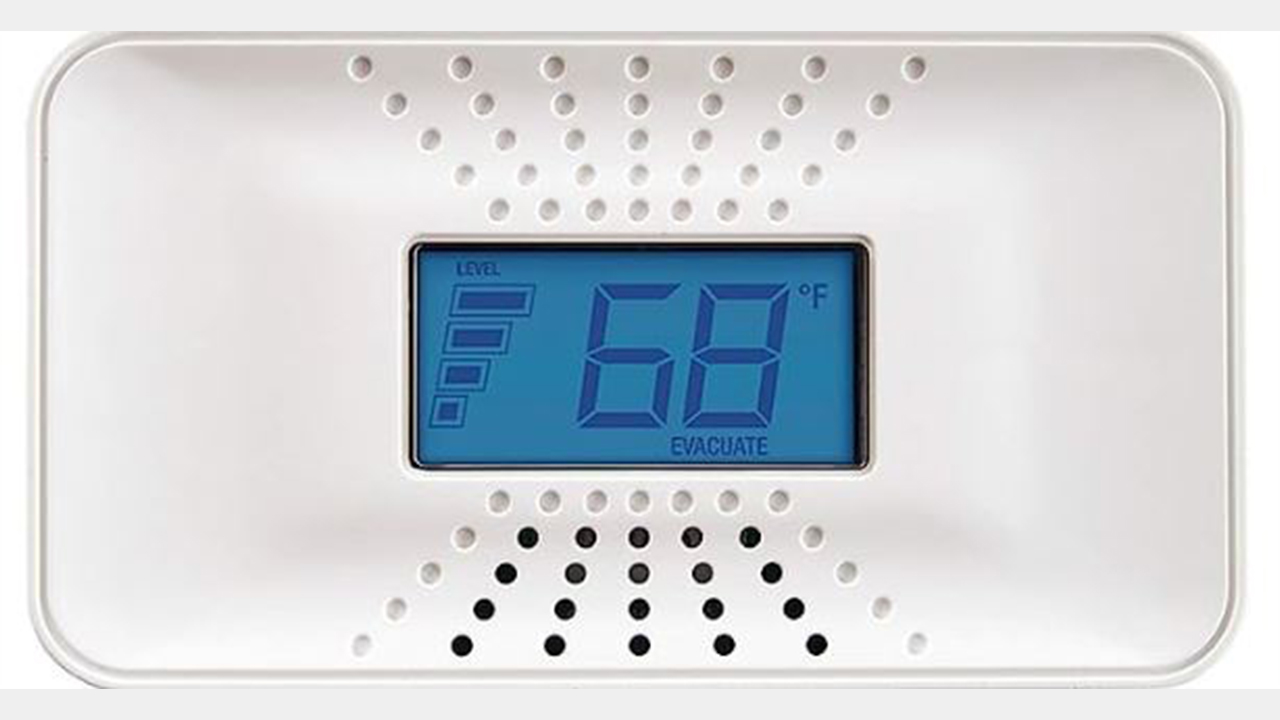It’s an unfortunate headline that continues to happen. Americans dying—either within our borders or abroad—from carbon monoxide or gas poisoning.
The highest profile of these instances have recently occurred in a luxury resort community in Mexico’s Baja California, leaving two dead. Two Americans also perished in recent months after staying at an Airbnb in Mexico City.
Domestically, according to the Centers for Disease Control and Prevention, more than 400 Americans die from unintentional carbon monoxide poisoning each year and there are more than 14,000 hospitalizations.
So, what can you do to stay one step ahead of this odorless, colorless killer? The most powerful tool—while on the road or within your South Florida residence—is a carbon monoxide detector.
Whether your travels take you to the most ultra-lux of hotels or simple places to crash, there are now travel-sized carbon monoxide detectors to help ensure you safe whether or not a detector is visible. One of the most trusted and well-reviewed products out there, from First Alert, costs less than $40.
As for your residence, even some of South Florida’s costliest and amenity-loaded homes lack these potentially life-saving devices. It’s actually against Florida law to not have an operational carbon monoxide alarm installed should your residence have an existing fossil fuel-burning appliance, fireplace or attached garage.
So, if you find yourself in a rental without a carbon monoxide detector, it’s time to encourage your landlord to act. And, if you own your residence, know that most heating and air conditioning providers throughout Broward, Miami-Dade and Palm Beach offer solutions.
Among the local experts with detector options are Ameri Temp Air Conditioning and DirectAir Air Conditioning in Miami-Dade, Bell Brothers Electric in Broward and Bass United in Palm Beach.














